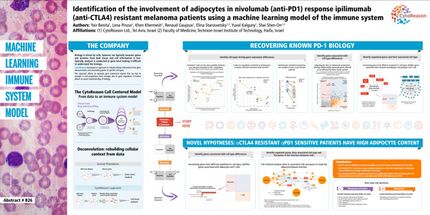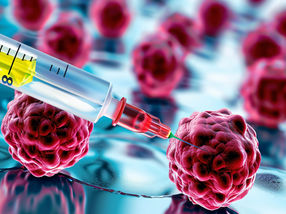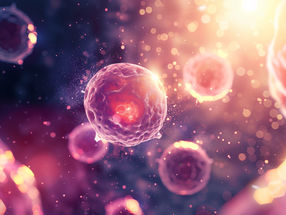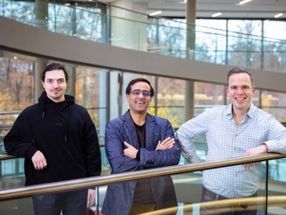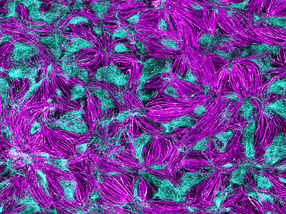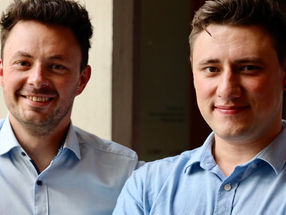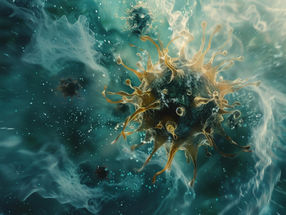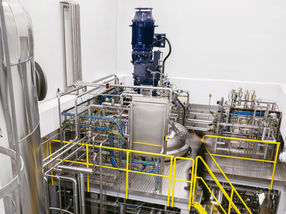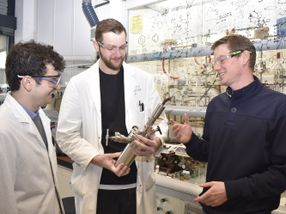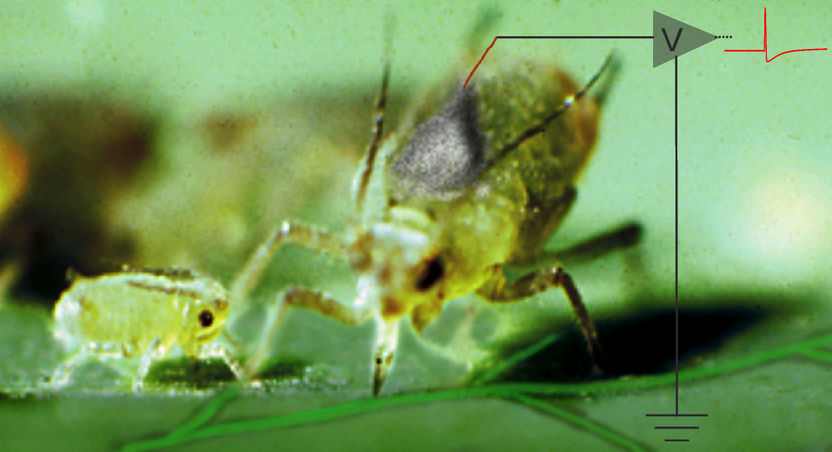Agilent Technologies and TGen Collaborate on Breakthrough Microarray Application for Cancer Research
More Comprehensive Analysis of Chromosomal DNA Could Speed Study, Diagnosis and Treatment of Cancer
Palo Alto and Phoenix. Agilent Technologies Inc. announced a collaboration with the Translational genomics Research Institute (TGen) on a breakthrough application of oligonucleotide microarray technology called comparative genomic hybridization (CGH) that could greatly enhance researchers' ability to identify and precisely locate genetic alterations that contribute to cancer.
CGH is a technique used to identify regions of chromosomes that have been lost or multiplied in cancer cells, allowing the tumors to escape normal growth controls. Array-based CGH methods that pinpoint the precise boundaries of genetic changes are not widely available today. Agilent Laboratories, the central research facility of Agilent Technologies, is collaborating with TGen to validate and further develop commercial microarray-based CGH solutions based on Agilent's custom in situ manufacturing process, in which DNA oligonucleotides are synthesized base by base directly on a glass slide. The speed, simplicity, sensitivity and widespread availability of CGH assays employing these oligonucleotide microarrays could significantly accelerate the pace of genomic disease research.
"The ability to closely analyze and view gene expression and high-resolution CGH data side by side could yield unprecedented insights into the nature of various cancers," said Dr. Jeffrey Trent, president and scientific director of TGen. "In addition to shedding light on how tumors arise, these data could provide the foundation for diagnostic and prognostic tools, and help identify the most promising targets for drug development."
In collaborating with Agilent, TGen has gained early access to Agilent Labs' CGH microarrays and cutting-edge computational tools for analyzing and visualizing CGH data and combined CGH and gene expression profile data. While furthering their own groundbreaking research into diseases such as melanoma and breast cancer, Trent and his colleagues at TGen are also helping Agilent to benchmark and optimize these arrays and computational tools for advanced genomic research.
The joint effort announced today builds on a six-year, ongoing collaboration on gene-expression profiling between Trent and the scientists at Agilent. Trent was formerly the scientific director of the National Human Genome Research Institute and served as chief of its Cancer Genetics Branch before leading the establishment of TGen in 2002.
"Partnering with TGen provides Agilent Labs with an in-depth understanding of the genomic researcher's screening and computational needs, and allows us to explore future uses of microarrays for the study of cancer pathogenesis, diagnostics and the development of new therapeutics," said Darlene Solomon, vice president and director of Agilent Labs. "By working together to perfect these tools, we can enable rapid new discoveries that could, ultimately, improve the standard of patient care."
Other news from the department research and development
Most read news
More news from our other portals
See the theme worlds for related content
Topic world Diagnostics
Diagnostics is at the heart of modern medicine and forms a crucial interface between research and patient care in the biotech and pharmaceutical industries. It not only enables early detection and monitoring of disease, but also plays a central role in individualized medicine by enabling targeted therapies based on an individual's genetic and molecular signature.

Topic world Diagnostics
Diagnostics is at the heart of modern medicine and forms a crucial interface between research and patient care in the biotech and pharmaceutical industries. It not only enables early detection and monitoring of disease, but also plays a central role in individualized medicine by enabling targeted therapies based on an individual's genetic and molecular signature.
